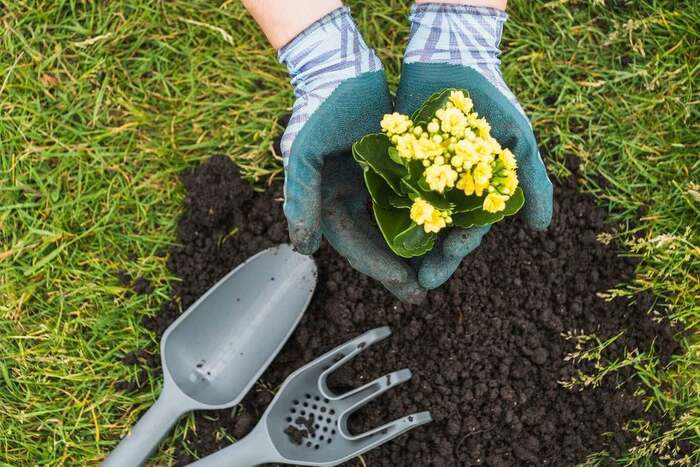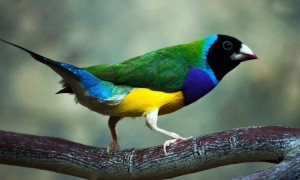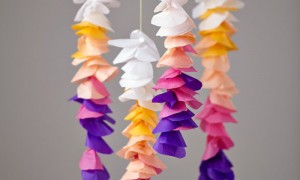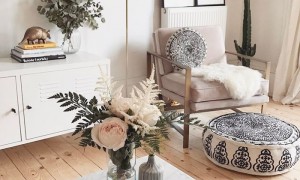Compost is a crumbly and dark mixture that usually contains organic waste products, such as leaves, food scraps, grass clippings, etc. In this article, we want to explore together what makes good compost and how to best use compost in your garden.

Benefits of Using Compost
One of the most famous benefits of using compost has to do with plant growth. Compost helps suppress plant disease. Next, compost is helpful for reducing soil erosion because it binds soil together and slows the surface flow of water. Besides, using compost will allow you to increase infiltration.
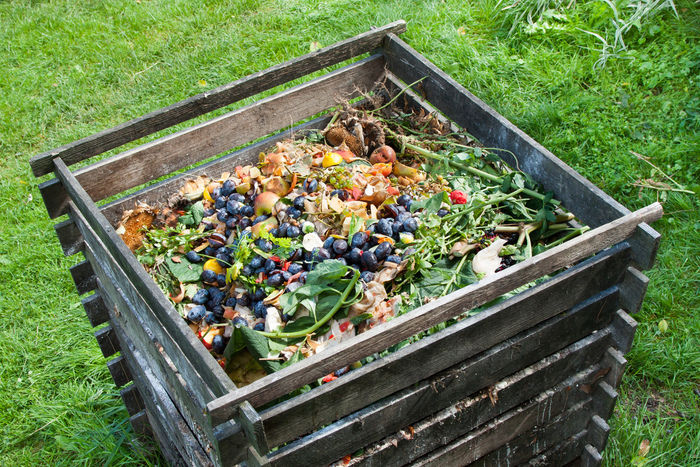
In addition to what we already mentioned, compost improves soil health and prevents soil erosion. It controls water flow which is helpful for stormwater management. Moreover, compost can conserve water and cut down on harmful greenhouse gases.
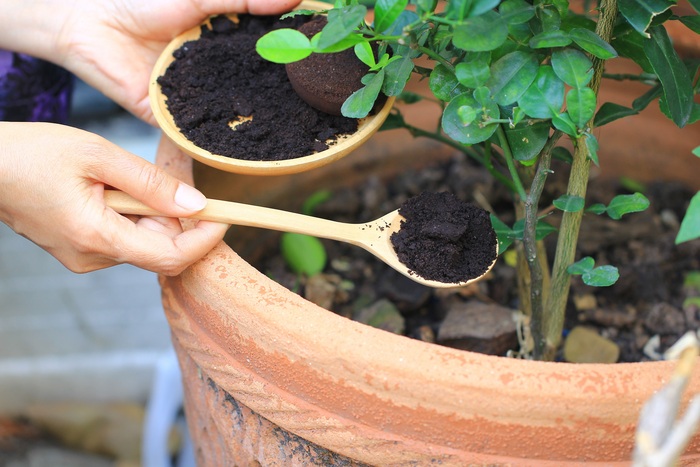
Best Way to Use Compost
First, you can apply compost as a soil conditioner and amendment. Is compost good for flower beds? The answer to that question is YES. Compost can help you improve the soil texture and fluffiness which is important for making plants more resistant to disease.
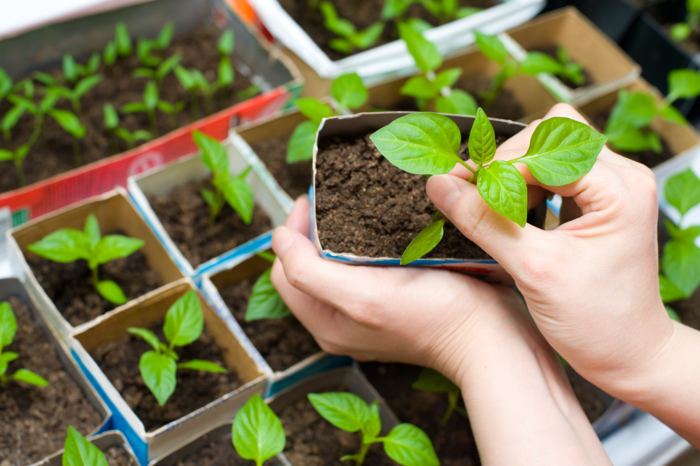
Another way to use compost has to do with weed prevention and maintaining pH. You can also use compost as a mulch option because it helps conserve moisture, protect plant roots, and maintain temperatures.
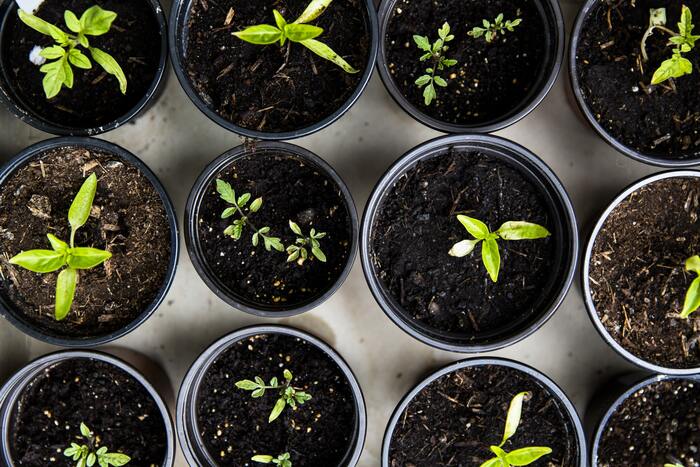
Next, can you use compost as topsoil? Yes, you can. When you want to replace the soil in your containers, use compost. Compost can also be a great fertilizer for growing vegetables (i.e, tomatoes) because it releases nutrients into the soil without damaging the plants.
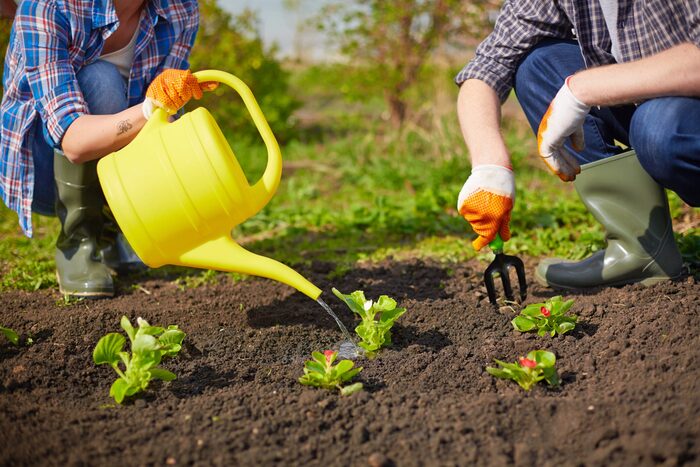
Last, but not least, some gardeners apply compost as a first layer before incorporating or seeding a new lawn. Compost can help you take care of burnt spots or bare areas.
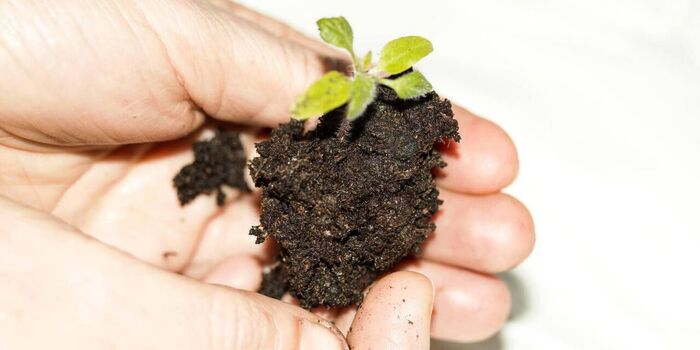
What Steps to Follow When to Best Use Compost in Your Garden
Now that you are familiar with various ways of applying compost in your garden, let us find out how to do that correctly step by step. First, make sure your compost is ready to use. You can be sure that this is so if it is dark, crumbly, does not have big chunks, and smells fresh.
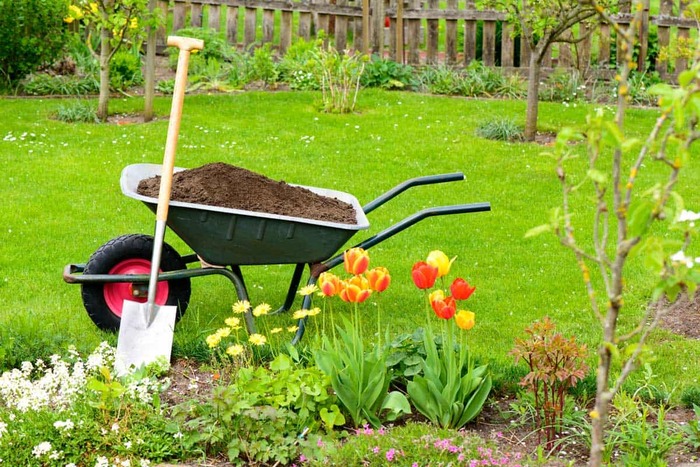
Second, choose how you want to best use compost in your garden. As we shared, you might want to add it to garden beds in fall or when you plant new seeds. On top of that, you can use compost as part of a potted plant soil mix or as nutrient input for flowers and vegetable plants. Third, keep composting. Composting is a never-ending cycle. So, keep adding to your existing bin or pile.

To sum up, knowing how to best use compost can help you grow your garden to new heights and make a positive impact on the environment. So, even if you are new to gardening, know that you can compost consistently and efficiently by following a few simple steps.

